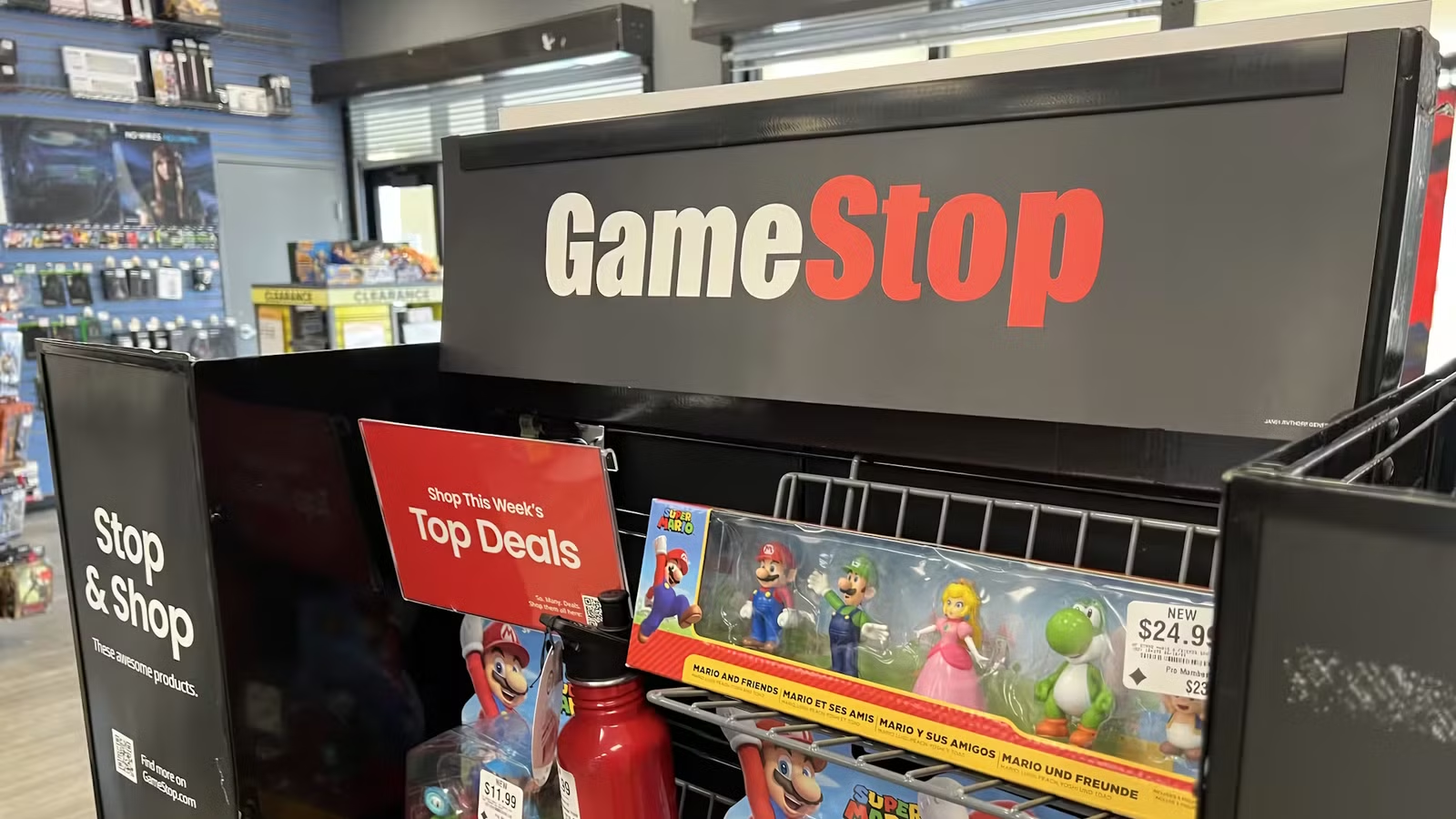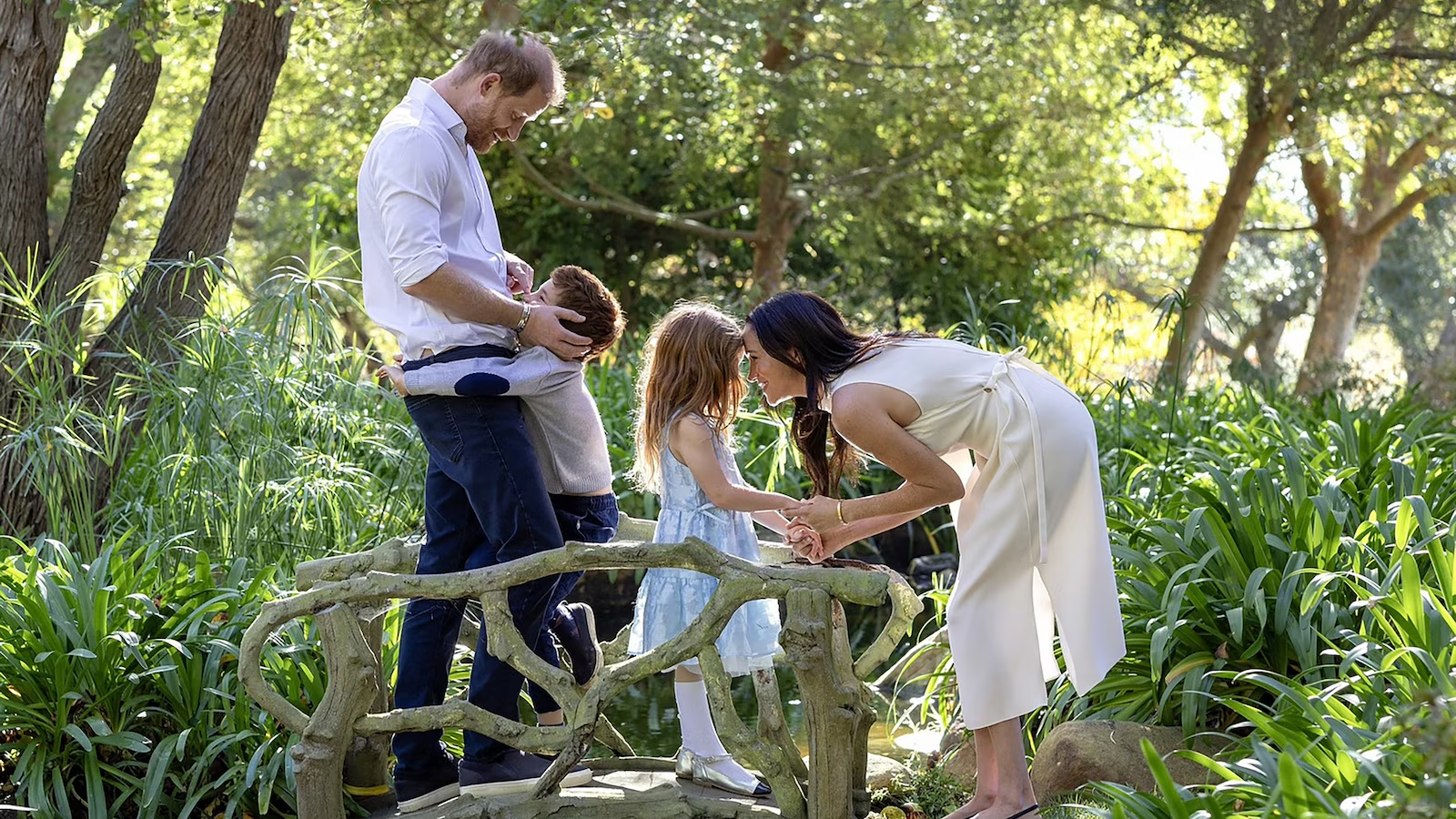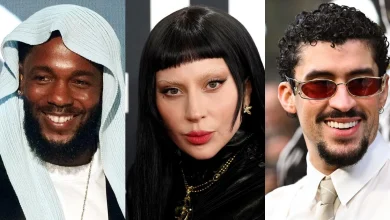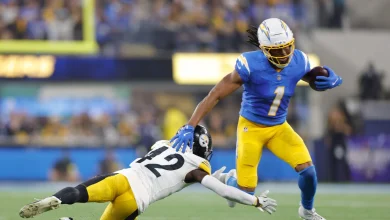GameStop Launching Unusual Trade-In Event in December

GameStop is getting ready to roll out an unusual limited-time promotion event in early December, claiming that fans can trade in “anything” for store credit for a day. The massive games retailer has been no stranger to a variety of promotions looking to bring more fans into the store, offering some special perks for fans visiting retail locations. GameStop’s big midnight release celebration for the Switch 2 gave out free Red Bull energy drinks to Pro Rewards members at some stores, while Pokemon games often see limited-time promo events. Now, the retailer is rolling out one of its most unusual promotions yet.
As one of the most well-known gaming retailers, GameStop’s trade-in policy has also become something of a running joke among the gaming community. GameStop is often criticized by fans for its rates on game trade-ins, with many customers and fans feeling that GameStop does not offer proper compensation for games being sold to the store. The retailer does occasionally run special promotions incentivizing gamers to trade in specific items, with GameStop often running bonus trade credit events for consoles and certain games. The newest trade event at GameStop is now giving fans the chance to trade in some unusual items.
GameStop recently revealed an unexpected trade-in event coming in early December with the game store’s “Trade Anything” Day. Customers visiting GameStop during the event will reportedly be able to trade in a wide variety of items outside of GameStop’s usual inventory, though the event does include a long list of exclusions. GameStop specifies that any of the items traded in will need to fit within a pre-defined 20x20x20 shipping container in order to be accepted. GameStop’s Trade Anything Day event is scheduled to run for only one day on December 6.
GameStop’s unusual trade-in event has elicited plenty of questions about what will be accepted for trade during the one-day promotion. One fan brought up the question of how GameStop will value items outside the retailer’s usual inventory, with the task likely falling onto employees who will not be properly trained to price them. Another pointed out GameStop employees having the discretion to reject items during the event, given the already strict restrictions listed for trade-ins during the event.
Trade Everything Day comes as the newest way GameStop has looked to re-invent itself as a retailer throughout recent years. The retailer revealed earlier this year that it will begin to focus more heavily on trading cards, with GameStop clearly seeing success with card games like Pokemon and Magic: the Gathering. GameStop also announced it will be putting more investment into Bitcoin in the future, citing struggling retail locations amidst more store closures. GameStop’s Trade Everything Day is sure to be one of the most unusual promotions in the retailer’s storied history.
Date Founded
January 1, 1984
Headquarters
Grapevine, Texas, United States





